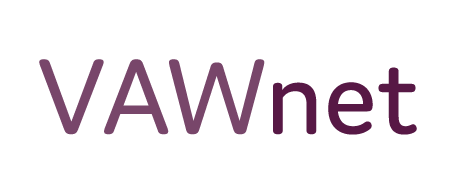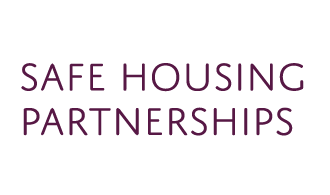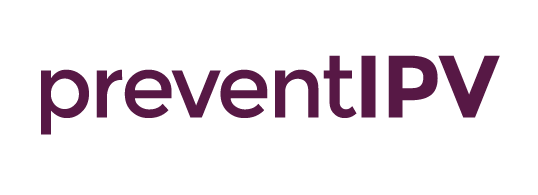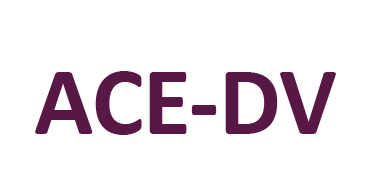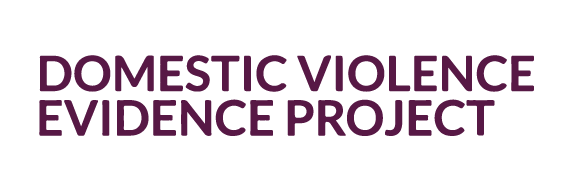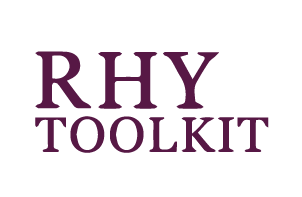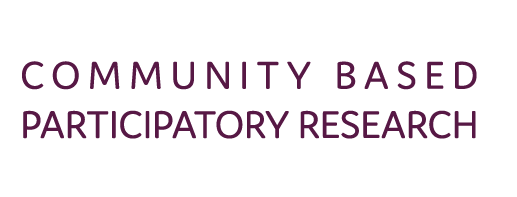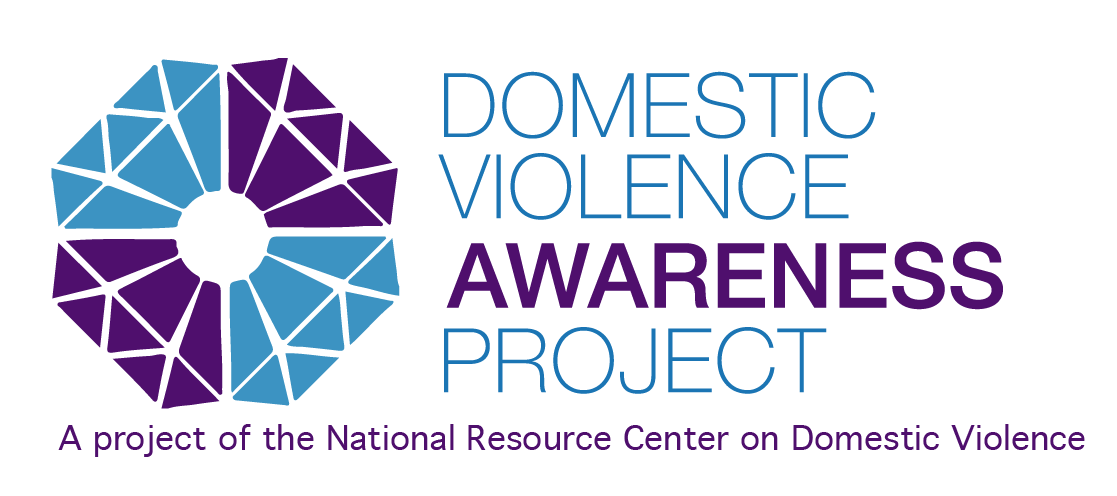MARCH 25, 2024
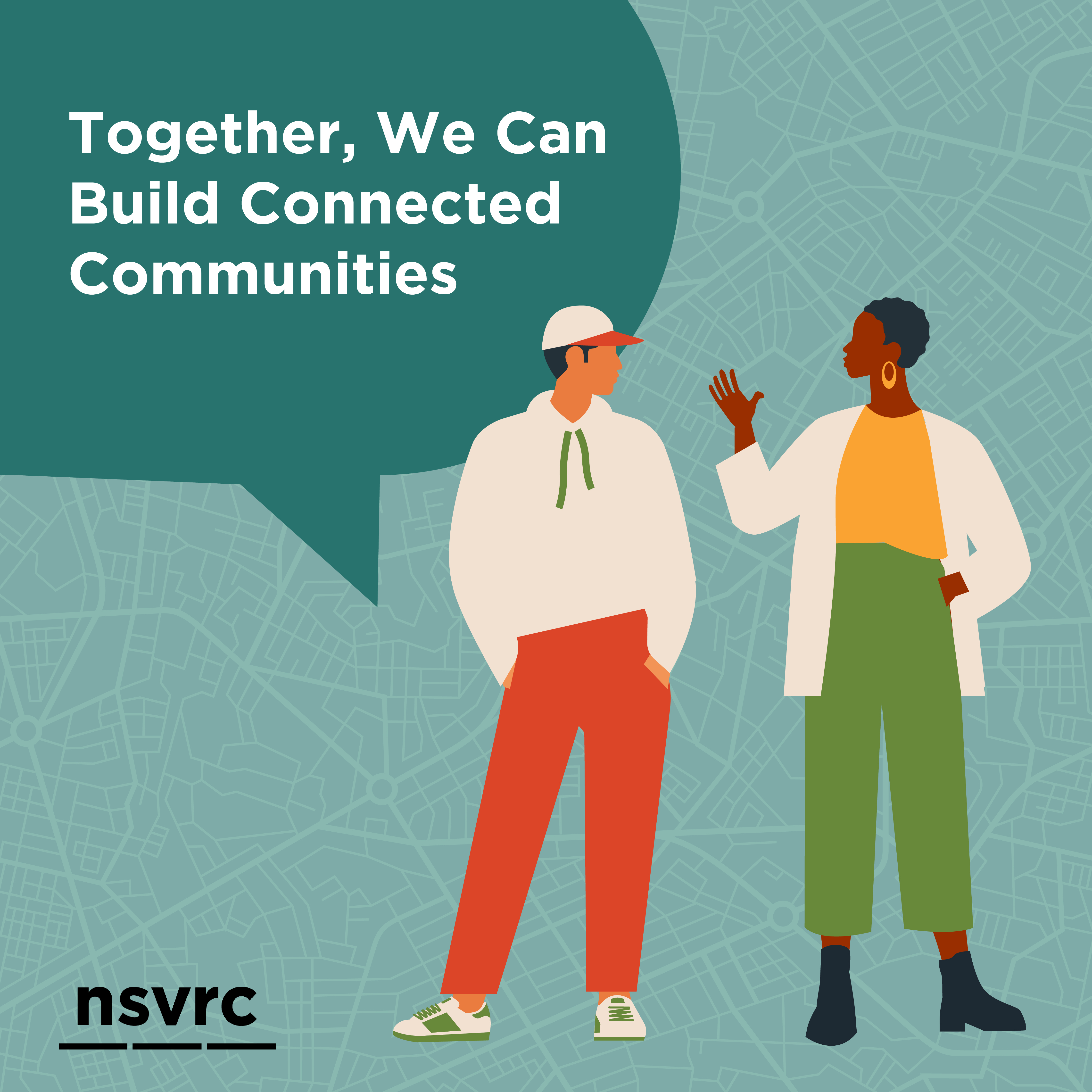 By Breckan Winters, NRCDV Senior Program Specialist
By Breckan Winters, NRCDV Senior Program Specialist
“We spend our lives traveling through trauma. Our community, our home, needs to be a place that makes us feel whole.” – Rev. Dr. Aleese Moore-Orbih
In recognition of Sexual Assault Awareness Month (SAAM) this April, we’re excited to uplift the National Sexual Violence Resource Center’s theme for SAAM 2024, Building Connected Communities. As NSVRC reminds us, “community is powerful. Community creates a sense of belonging and reminds us of how our beliefs, choices, and actions impact one another.” Our communities can be sites of tangible support and hope during hard times, places where we both give and receive care. Community connection is a key protective factor to prevent violence, and a healing balm when harm does occur. It is an antidote to white supremacy, patriarchy, and other interlocking systems of oppression that fuel gender-based violence.
Whether you’re planting seeds at a community garden, contributing to mutual aid networks for survivors, or investing your organization’s resources in meaningful, collaborative relationships with leaders in your community, we invite you to consider what building connected communities means for you this SAAM. Check out the following new resources and activities this month: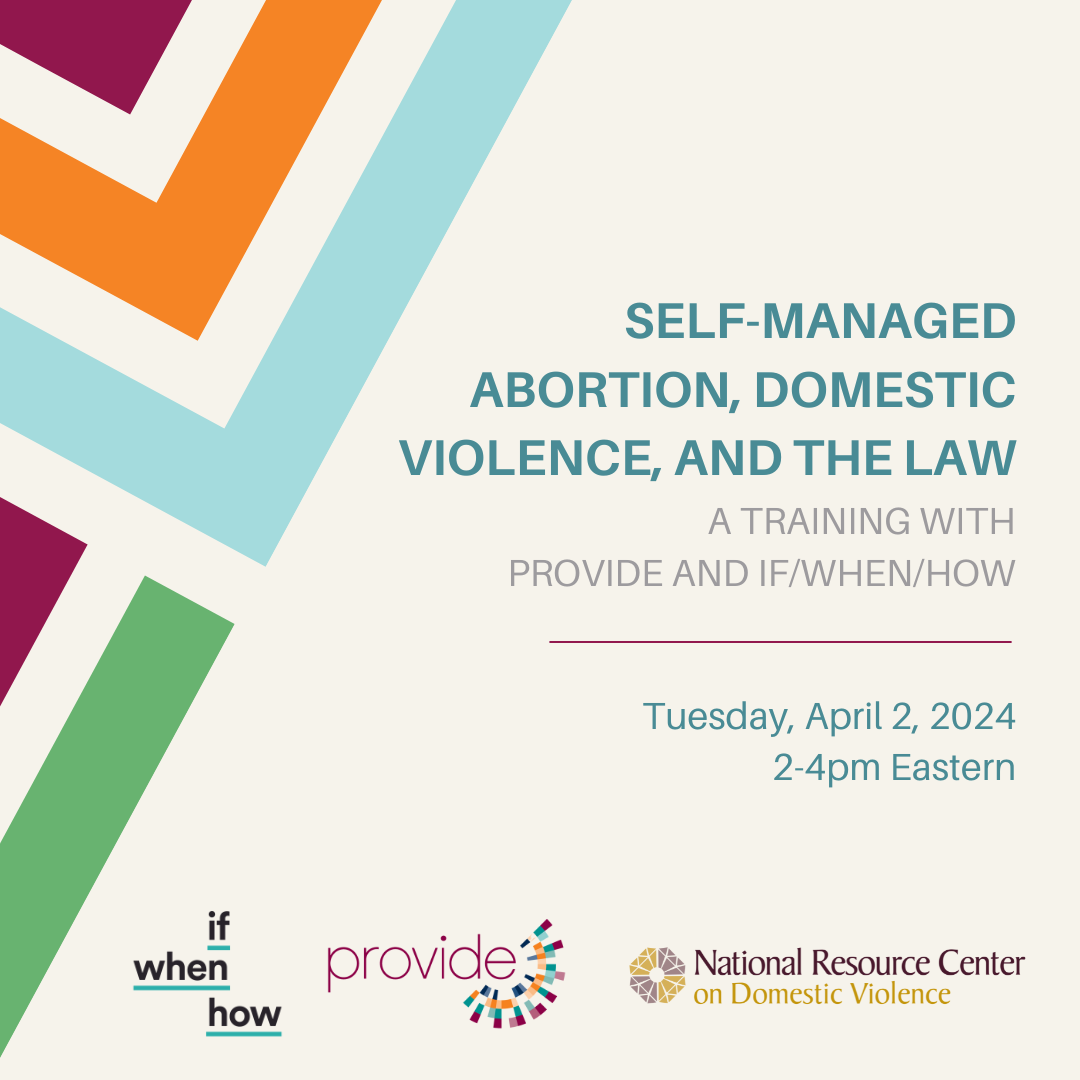
- NSVRC’s SAAM 2024 webpage features information about this year’s theme, shareable graphics, tips for getting involved, and more.
- Webinar: Self-Managed Abortion, Domestic Violence, and the Law: A Training with Provide and IF/WHEN/HOW - This training has been designed specifically for those who provide direct services to survivors of domestic and sexual violence. This 2-hour training will address questions you may have about the intersection of self-managed abortion care and your work during SAAM and beyond.
- Prevention Tool of the Month: Building Bridges Across the California Ecosystem to Prevent Gender-Based Violence - This white paper from VALOR outlines tangible steps that communities can take to work towards the shared vision of a future free from gender-based violence.
And don’t miss these key materials on SAAM, connectedness, and building community:
- TA Bundle: Community Care & Resilience (July 2021) – This Technical Assistance (TA) Bundle includes TA and training resources from NRCDV to support those who wish to invest in healing-centered community care.
- Webinar: Facilitación que Transforma: Construyendo Comunidades Virtuales / Transformative Facilitation: Building Virtual Communities (April 2022) – This conversational webinar explores building engaging virtual communities. Creating an environment that invites participation and centers access can bring us closer even when we are physically apart.
- How are pandemic-era lessons impacting the ways we prevent sexual violence? (July 2021) – Meeting the immediate needs of the community in the pandemic has a lot to do with preventing sexual violence. The July 2021 TAQ explores the ways in which sexual violence prevention work has shifted in response to lessons learned from COVID-19.
- Blog Post: Centering Health Equity for SAAM & Black Maternal Health Week (April 2023) – In recognition of both Black Maternal Health Week (BMHW) and Sexual Assault Awareness Month (SAAM), this blog post centers the connections between maternal health, sexual violence, and health equity.
- Blog Post: Leading with the HERstory: Without Black Women There Is No Movement (April 2022) – Even before its official declaration, Sexual Assault Awareness Month was about both awareness and prevention of sexual assault, harassment, and abuse. From the civil rights movement to the founding of the first rape crisis centers to national legislation and beyond, the roots of SAAM run deep. From then until now, Black women have been and remain the leaders of the movement to end gender-based violence. Without Black women there is no movement.
- Blog Post: Uplifting Black Healing and Well-Being in Online Spaces (April 2021) – This blog post explores how we can work together to prevent sexual violence and build the world we want to live in by promoting a culture of consent, keeping kids safe online, and building healthy online communities.
